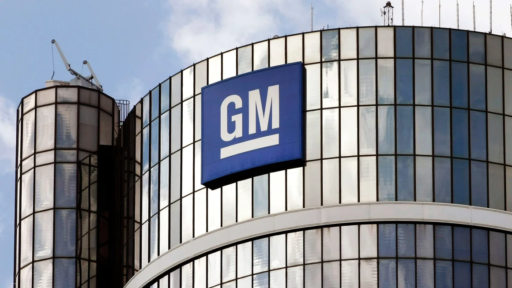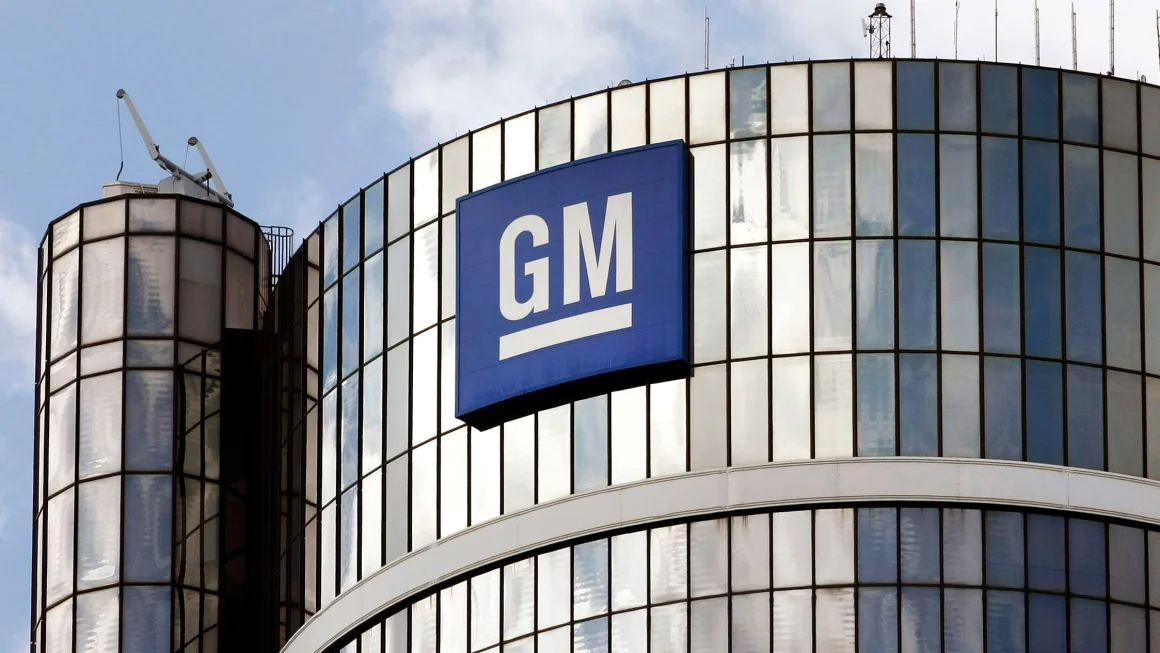General Motors (GM) has positioned itself as a leader in sustainability through its commitment to an all-electric, zero-emissions future. The company’s 2023 Sustainability Report outlines its roadmap toward achieving carbon neutrality across its products and operations by 2040 and eliminating tailpipe emissions from new light-duty vehicles by 2035. These ambitious goals align with the Paris Agreement’s objectives to reduce greenhouse gas emissions and combat climate change.
GM’s approach integrates circular economy models, AI-driven supply chain optimization, and social responsibility initiatives, ensuring a balanced strategy that addresses environmental, social, and governance (ESG) factors. The report highlights GM’s progress in material recyclability, responsible sourcing, and workforce diversity, reinforcing its position as an automotive sustainability leader.
Sustainability Strategy and Goals
Net zero and carbon emissions
- GM aims to eliminate tailpipe emissions from new light-duty vehicles by 2035 and achieve carbon neutrality across its products and operations by 2040.
- The company is investing heavily in battery-electric vehicles and hydrogen fuel cell technology, reducing its reliance on internal combustion engines.
- To support its clean energy transition, GM is partnering with renewable energy providers to ensure its operations run on 100 percent renewable electricity by 2025 in the U.S. and globally by 2035.
Circular economy and waste reduction
- GM has implemented recyclability programs that allow 90 percent of its global manufacturing waste to be recycled, reused, or repurposed, significantly reducing landfill dependency.
- The company is working toward closed-loop battery recycling, ensuring that materials from used EV batteries are recovered and reused in new battery production.
- By integrating sustainable materials into vehicle production, GM reduces the environmental impact of its supply chain and manufacturing processes.
Water stewardship
- GM is reducing water consumption per vehicle produced and recycling wastewater to minimize its water footprint.
- The company has committed to reducing water intensity in its operations by 35 percent by 2035, ensuring sustainable water management practices.
Social responsibility and workforce inclusivity
- GM is dedicated to increasing representation of women and minorities in leadership positions, reinforcing its commitment to diversity, equity, and inclusion.
- The company supports community outreach programs, STEM education initiatives, and workforce training to empower underserved communities.
AI-driven supply chain optimization
- GM leverages artificial intelligence and data analytics to streamline its global supply chain, reduce resource consumption, and improve operational efficiency.
- AI-driven logistics helps GM optimize route planning, inventory management, and waste reduction, lowering its carbon footprint from manufacturing to vehicle distribution.
Governance and transparency
- GM follows Science-Based Targets initiative guidelines to ensure its sustainability goals are measurable and verifiable.
- The company participates in third-party assessments such as the Carbon Disclosure Project to maintain transparency in emissions reporting and environmental impact.
Global partnerships and advocacy
- GM collaborates with governments, non-profits, and industry organizations to advance electric vehicle infrastructure, sustainable transportation policies, and renewable energy adoption.
- The company is actively involved in initiatives like the EV100 campaign, advocating for a faster transition to zero-emission mobility solutions.
Competitive Industry Analysis
GM’s sustainability efforts are notable when compared with leading automotive manufacturers such as Ford, Tesla, Toyota, and Volkswagen, each of which has adopted distinct electrification and sustainability strategies.
- Tesla has prioritized battery-electric vehicles and remains ahead in EV production and battery technology, focusing exclusively on all-electric models. GM, however, is balancing electric, hydrogen, and hybrid options to provide a broader range of sustainable mobility solutions.
- Ford has committed to carbon neutrality by 2050, which is a decade later than GM’s 2040 target. Ford is heavily investing in electric trucks and SUVs, while GM is expanding across sedans, SUVs, and commercial EVs.
- Toyota emphasizes hybrid technology and hydrogen fuel cells, taking a more gradual approach toward full electrification. GM’s aggressive all-electric transition places it ahead of Toyota in the BEV race.
- Volkswagen is aiming for 100 percent electric sales in Europe by 2035, with a focus on battery production and sustainability. While GM and VW share a strong EV focus, GM’s commitment to circular economy waste reduction and zero-emissions operations provides a more holistic sustainability approach.
Key Sustainability Innovations and Technologies
- Battery recycling and second-life applications
- GM is developing closed-loop recycling systems for EV batteries, recovering materials like lithium, cobalt, and nickel for reuse in new battery production.
- Renewable energy transition
- The company is expanding its use of solar, wind, and hydroelectric power to ensure its factories operate on 100 percent renewable electricity.
- AI-powered smart manufacturing
- GM is integrating AI-driven automation, IoT, and predictive analytics to enhance energy efficiency and reduce production waste.
Measurable Impacts
- GM has cut CO2 emissions from its operations by over 20 percent since 2018.
- 90 percent of manufacturing waste is recycled, reused, or repurposed, supporting circular economy principles.
- The company has sold over 1 million EVs globally, accelerating the shift to zero-emission transportation.
- GM has invested $35 billion in EV and autonomous vehicle technology to support its carbon neutrality goals.
Challenges and Areas for Improvement
Despite GM’s progress, several challenges remain:
- Energy-intensive manufacturing: Scaling up EV production requires significant energy inputs, increasing the demand for renewable energy and battery efficiency improvements.
- Supply chain dependencies: GM relies on third-party suppliers for key components such as lithium-ion batteries. Ensuring sustainability across global supply networks remains a challenge.
- Infrastructure for EV adoption: The transition to electric vehicles is dependent on widespread charging infrastructure, which requires continued investment and government collaboration.
- Carbon offsets vs. direct emission reductions: Achieving true carbon neutrality without relying on carbon offsets requires deeper advancements in energy efficiency and alternative fuels.
Future Plans and Long-Term Goals
- Expand the EV lineup, including commercial electric vehicles for fleet operations.
- Increase investments in hydrogen fuel cells and energy storage solutions to support long-haul transportation.
- Enhance battery technology to improve EV range, efficiency, and recyclability.
- Continue supply chain innovations with AI and blockchain for greater transparency and emissions tracking.
- Partner with municipalities and businesses to scale EV charging infrastructure and renewable energy projects.
Conclusion
General Motors has set a bold precedent for sustainability in the automotive industry, with a clear focus on electrification, circular economy practices, and AI-driven efficiency. Its commitment to carbon neutrality by 2040 places it ahead of many competitors, reinforcing its leadership in sustainable transportation.
By focusing on EV technology, waste reduction, and renewable energy, GM is ensuring long-term environmental and social responsibility. The company’s strategic approach, integrating AI, material recyclability, and diverse mobility solutions, positions it as a benchmark for sustainability within the automotive sector.
For more details, refer to General Motors’ 2023 Sustainability Report:
GM 2023 Sustainability Report.






